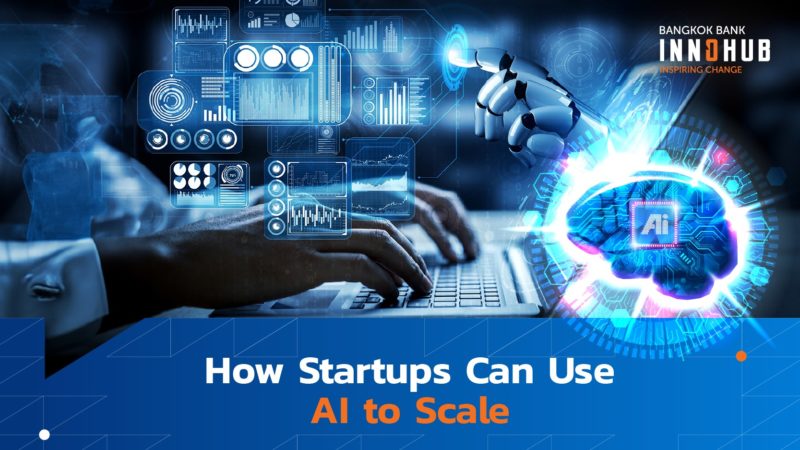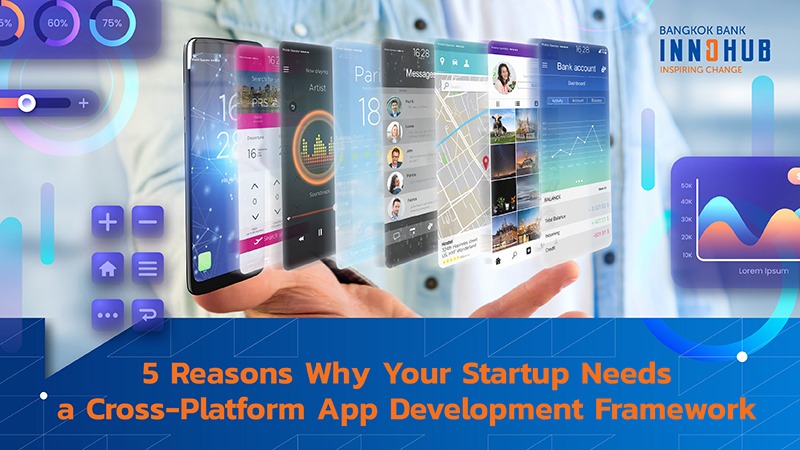2023 was an unusually eventful year for the business world. Markets recovered in earnest from COVID, only to face obstacles such as inflation, as well as rising geopolitical tensions in Europe and the Middle East, along with some supply chain disruptions which occurred as a consequence.
These types of cycles, shaped in large part by unfolding regional and global events, will continue to ebb and flow as we move towards 2024 and beyond. What will not regress, however, is technology. There may be dramatic spikes upward in this realm, but knowledge itself is cumulative. Short of a fluke solar storm wiping out the world’s satellite network and other electronics, the march of technology points only forward.
Although the above observation may seem ordinary, its implications are dramatic. In the past year, we witnessed the stunning arrival of generative AI in the form of ChatGPT, Midjourney, and others. These algorithms can produce near-instant original output that rivals the writing and artistic skills of human creators. The same generative concepts are currently transforming entire business sectors and fields of research — and they’re just getting started.
Just as you will never again be as young as you are now, today’s AI is as bad as it will ever be. If 2023 was a proof-of-concept year for artificial intelligence, led by the startup that produced ChatGPT, then we can’t wait to see what happens when the big investments that are currently flooding the field start showing results.
It will therefore come as no surprise that, in our look ahead at 2024’s most likely business trends, AI and its effects are writ large.
The business world in 2024
Generative AI Expands Everywhere: Boston Consulting Group put the issue in stark terms: “to be an industry leader in five years, you need a clear and compelling generative AI strategy today.” Generative AI puts the power to create and intelligently automate the customer experience — as well as internal operations — in the hands of nearly every organization.
In practical terms, that means interactive chatbots (or robots) at consumer-facing companies, and highly productive research and development assistants in tech-adjacent industries. To take just one industry (healthcare) as an example, AI software can already surpass most medical students on exams, outperform most radiologists at reading x-rays, and vastly expand research possibilities by calculating how proteins fold, how new medicines might be designed, and how a given person’s genetic makeup may affect the types of care they need.
These abilities, alongside AI’s administrative value and even its ability to perform surgery via robots, illustrate both the versatility of the technology and the reason why analysts see AI disrupting virtually every industry.
5G Vastly Improves Data Transmission: The advent of 5G technology has revolutionized data transmission, offering faster speeds and reduced latency that enhance the capabilities of IoT devices’ communication. Moreover, the ability to transfer larger volumes of data and compute more data attributes can significantly refine AI’s accuracy and efficiency. If ‘data is the new oil’, as many in the business community have come to believe, then 5G’s advanced infrastructure promises to be the conduit for a richer, more valuable flow of data, fueling the next wave of AI innovation.
Data Monetization Becomes More Important: With data becoming an increasingly valuable commodity, companies will look for new ways to monetize it. In 2024, we can expect more companies to explore data monetization strategies, such as raising the cost of API access, selling access to data or data insights, creating new services or enhancing existing ones with data-driven personalization, offering data-driven features or insights on a subscription basis, selling predictive insights to other businesses to help them anticipate market trends, and much more.
Investment Grows in Soft Skills and the Human Touch: As the technical aspects of work become increasingly automated, the ability to leverage soft skills for tasks that still require a human touch will be ever more critical. 2024 will therefore see organizations increasing their focus on emotional intelligence, communication, interpersonal problem-solving, high-level strategy, and thought leadership. Moving forward, themes like these will be seen with greater regularity in recruitment as well as in corporate training efforts.
Virtual Reality Goes Mainstream: Apple’s long-awaited virtual reality device, called Vision Pro, will be on sale in early 2024. Although devices of this type, such as Meta’s Oculus series, have yet to take market share away from more established digital product lines, many believe a turning point is close at hand. VR technology will become more accessible and affordable in 2024, leading to more developers building specialized software for the medium — as well as wider adoption across industries.
Sustainability Sees a Renewed Focus: With climate change remaining a key issue, customers and employees alike will push companies to pursue sustainability initiatives. These may range from environmental cleanup projects, to more efficient energy usage, to recycling and other forms of resource management. Governments are also likely to put regulatory pressure on carbon output, adding regulatory incentives for sustainability in addition to the cultural pressures that will already exist.
Although most of the above trends stem from the growing power of AI, 2024 will surely also bring major regional and world events that will affect us all. Recent years have taught us to expect the unexpected, and so we shall end with a reminder of the most predictable and important business trend of all: The importance of adaptation.
Whatever 2024 may bring, the companies that are best at adapting to the new environment will be the ones to survive and thrive. That’s why InnoHub will continue to bring you more insight, analysis, and even guidance in the new year. See you in 2024!




